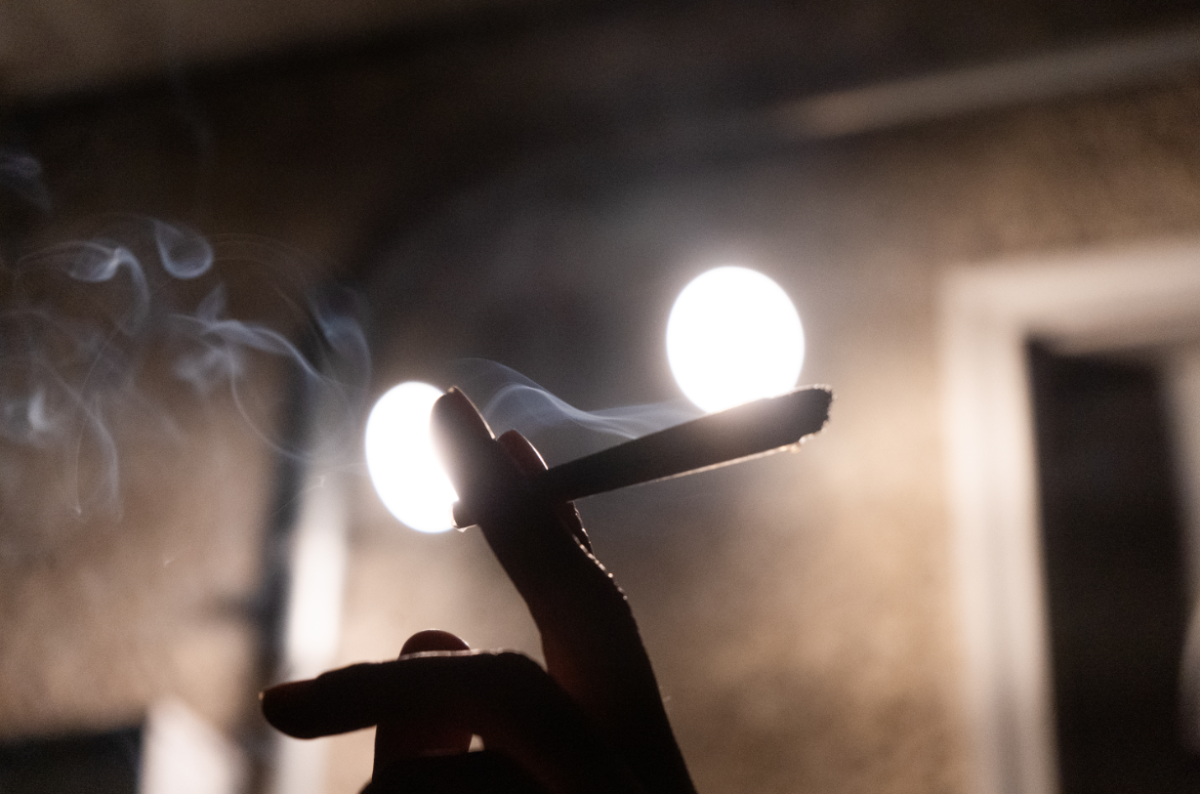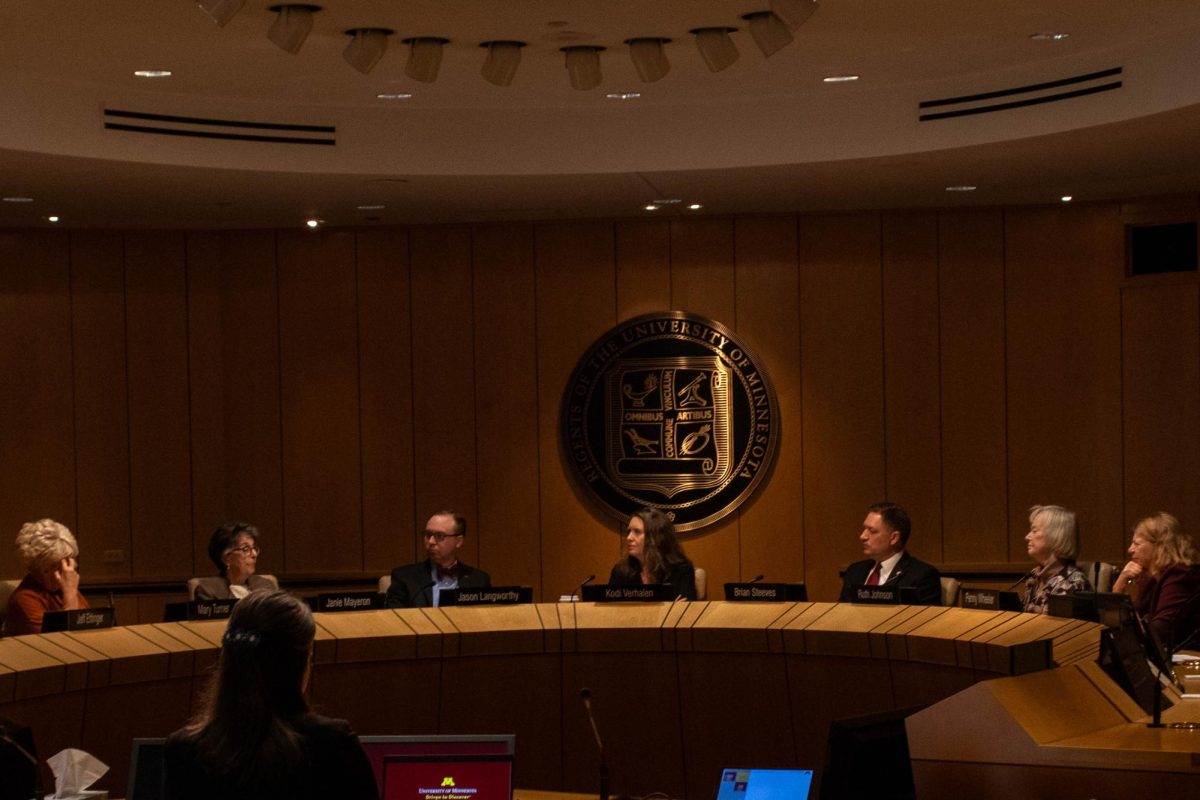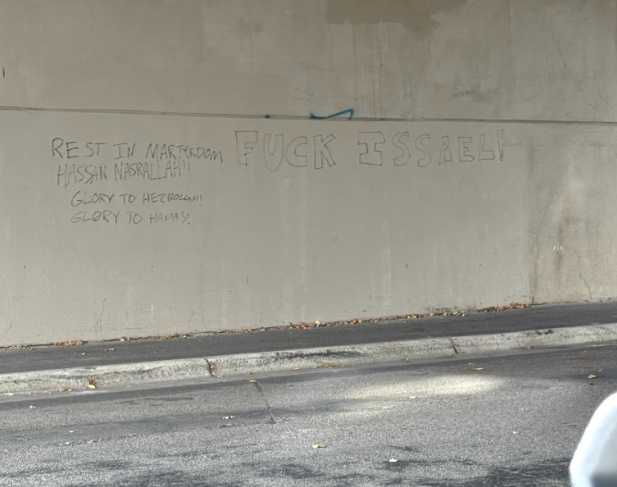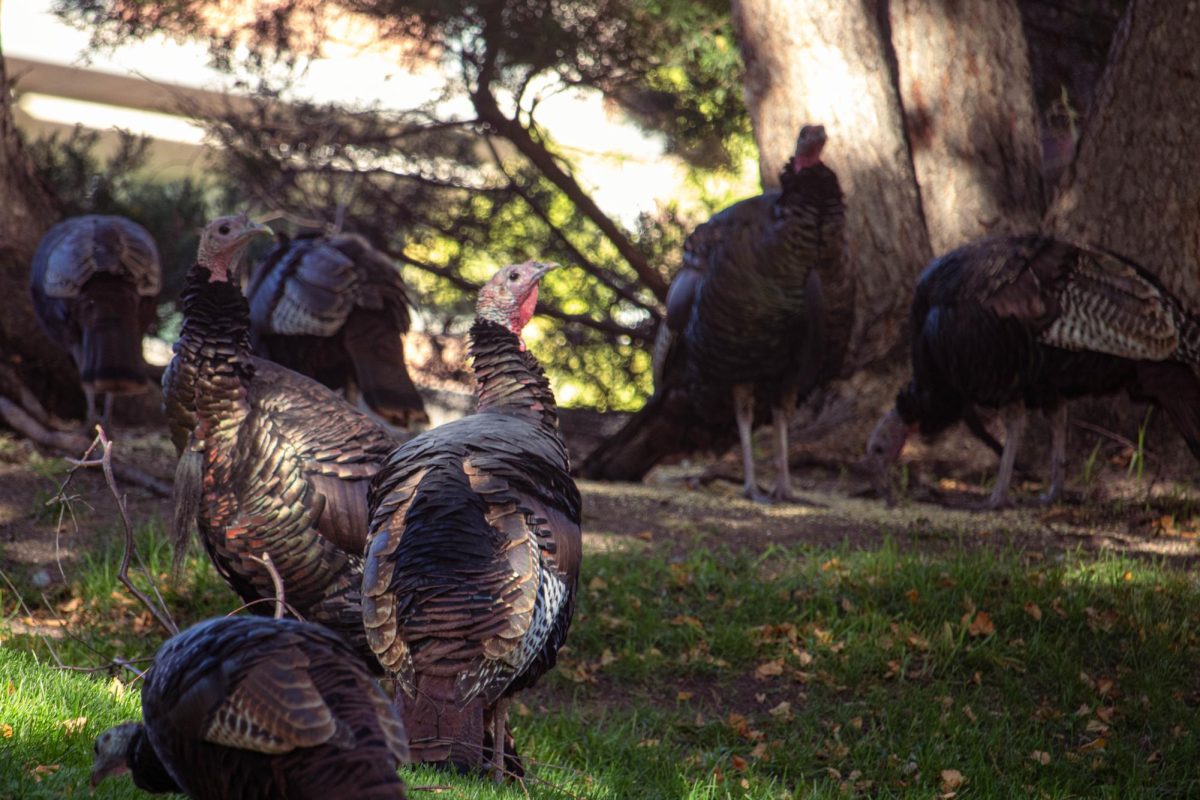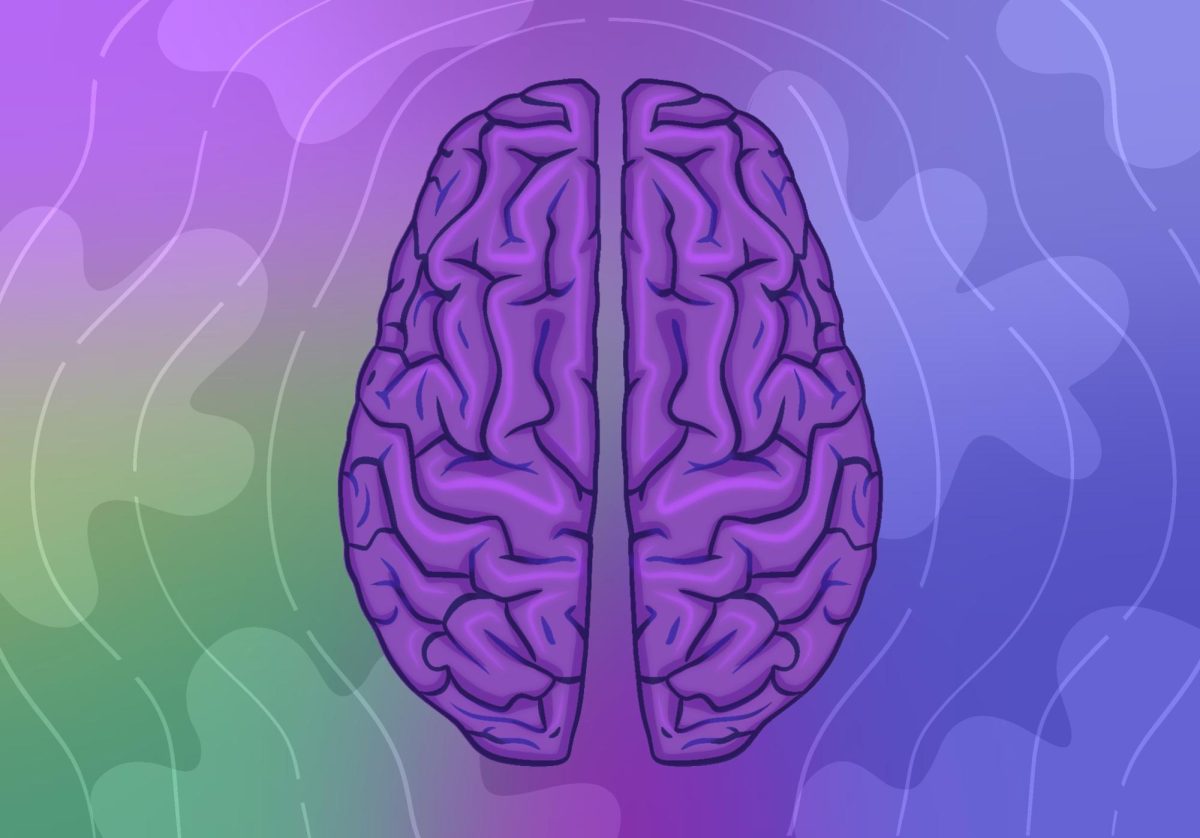Boynton Health’s 2024 College Student Health Survey Report said cannabis use is on the rise for college students, while high-risk drinking is steadily declining.
High-risk drinking among University of Minnesota students, or drinking five or more alcoholic beverages in one sitting, is down about 10% since 2015, according to the survey report. Cannabis use, on the other hand, is up roughly 9%.
The shift in the rates of consumption of both substances comes from changing attitudes about drinking culture.
Jack Baribeau, a fourth-year student at the University of Minnesota, said he prefers cannabis because of the danger he sees in bars and other places where people drink.
“Drinking culture is messy to me. I’ve heard of people getting assaulted at bars because others aren’t able to control their actions as much when they’re drunk,” Baribeau said. “I don’t see the same danger when I use marijuana because I’m normally in my own home and have control of the situation.”
Third-year student Katie Leach said she drank more in high school and at the beginning of college. Now, she prefers marijuana because she does not get hangovers the day after smoking.
“I can smoke as much weed as I want in a day and the next day I’ll feel fine,” Leach said.
Leach said she feels like she has more control of her body when she is high as well.
“Drinking makes me feel like I am more disconnected from my body and my body’s just like doing whatever it wants,” Leach said. “Whereas when I’m high, I have more control over my body. I’m able to control my thoughts more in a sense with the amount I’m smoking.”
According to the National Institute on Drug Abuse, cannabis and THC products alter people’s moods, thoughts and perceptions of reality.
Julie Sanem, a research project specialist at the University’s Cannabis Research Center, said increasing cannabis use can be seen nationwide.
According to the World Health Organization, 15% of Americans reported smoking marijuana in 2024, compared to 7% in 2013.
“We see both trends occurring across the United States,” Sanem said. “So we’ve seen cannabis use increasing over time among University of Minnesota students, among other adults in the United States and among college students across the country. And so I think it’s not too surprising that we’re seeing this trend in University of Minnesota students.”
According to the survey report, 27% of college students reported consuming some form of cannabis. In comparison, 24% of students reported high-risk drinking.
Several factors caused this shift, Sanem said. 24 states have legalized marijuana in some capacity, including Minnesota, making cannabis easier to get ahold of than in previous years.
Additionally, Sanem said colleges promoted safe drinking practices.
The University of Minnesota program eCheckup To Go, for example, allows students to reflect on their drinking habits and points students toward other resources to get help if they feel they have a problem.
“Colleges have focused on trying to reduce the rates of high-risk drinking among students for quite a while, and we have a lot of good evidence about what works for reducing high-risk drinking among college students,” Sanem said.
ThanhVan Vu, the associate director of Clinical Operations for outpatient mental health therapy who works with students struggling with substance abuse at Boynton Health, said it’s important for students to be mindful of how they consume both alcohol and cannabis to ensure they stay safe.
“Are they utilizing that substance in a recreational way? How much space does that take up? Or are they utilizing that substance as a coping mechanism in order to alleviate anxiety?” Vu said.
Vu said a good way for students to be mindful of their substance use is to make a plan for the time they will be intoxicated.
“Am I going to be hanging out with just a group of friends at their apartment? Am I going to a bar? I think planning ahead can really help put you in the mindset of how aware and how you’re engaging with substances,” Vu said.
Boynton offers a variety of programs to help students if they are struggling with substance use, Vu said. Boynton also offers assessments to help diagnose students with substance use disorders if they are concerned about their relationship with cannabis or alcohol.


